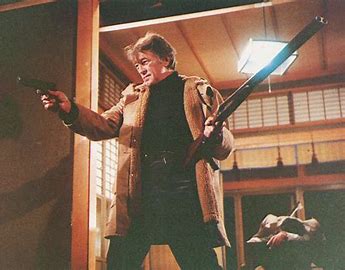
I have a rather broad definition of a thriller. It’s any exciting, violent, conflictive combative story that doesn’t involve the supernatural or science fiction. In other words, pretty much everything that isn’t romance or a mystery or literary fiction. It includes police procedurals and serial killer stories and spy stories. Techno thrillers and war stories are subgenres but still thrillers. So yes, this means I have a wide-ranging selection to choose from. Such as these:
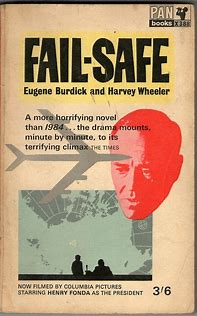
10. Fail-Safe, by Eugene Burdick and Harvey Wheeler. The ultimate nuclear thriller written in 1962, an arming code transmission accidentally jams and ends up sending a B-52 to drop nukes on Moscow. Every attempt to stop the bombing fails, and the President of the United States has to make a series of terrifying decisions. The flayed bull metaphor throughout the book is an apt description. This was made into a very decent, and quite stark, movie with Henry Fonda.
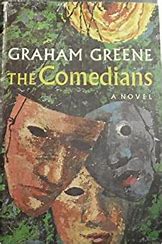
9. The Comedians, by Graham Greene. Mr. Brown inherits his mother’s hotel in Port-au-Prince and takes a ship there, meeting a few characters on board who will all figure prominently in the upcoming events. The story of ex-pats in Haiti is overwhelmed by the horror of the Duvalier regime and the actions of its secret police, the Ton Ton Macoutes. Prepare to have your hair curled.
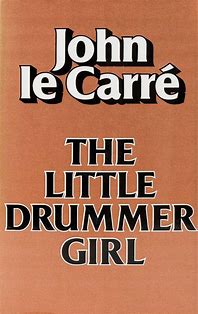
8. The Little Drummer Girl, by John le Carre. A Mossad agent recruits a young English actress to infiltrate a terrorist group and find out the leader’s identity. Then things get out of hand. Classic le Carre, where nothing is what it seems.
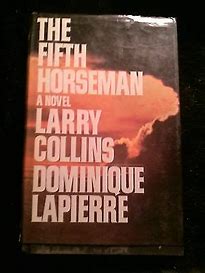
7. The Fifth Horseman, by Larry Collins and Dominique LaPierre. Libyan terrorists plant a hydrogen bomb in New York City and demand Israel vacate all Arab lands or they’ll detonate it. Published in 1980, it feels very current.
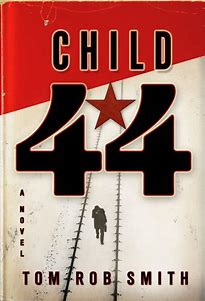
6. Child 44, by Tom Robb Smith. The first book in a series, it’s the only one I have read. This is supposedly about a Russian police officer’s search for a serial killer who preys on children, but it isn’t. It’s about something far more terrifying: the Russian justice system, which does not believe in fact or logic but in its own infallibility.
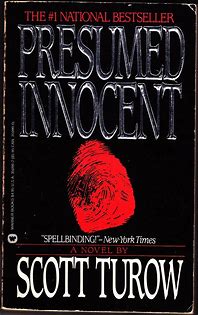
5. Presumed Innocent, by Scott Turow. The first of his Kindle County novels, Turow weaves a police and courtroom procedural into one story. Rusty Sabich, deputy prosecutor of Kindle County, becomes the lead attorney investigating the murder of his colleague and former lover, Carolyn. Until he becomes the lead suspect.
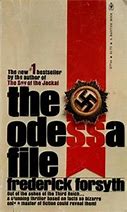
4. The Odessa File, by Frederick Forsyth. A German journalist investigating the suicide of a Holocaust survivor stumbles across a secret organization providing new identities and protection to former SS officers. It’s The Boys From Brazil without the science fiction aspects.
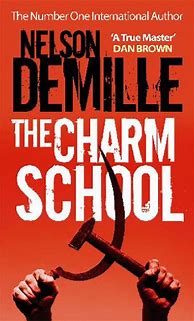
3. The Charm School, by Nelson DeMIlle. What really happened to the MIAs of the Vietnam War? Well, they’re in Russia, helping a new generation of KGB agents to perfect their Americanisms. So they can blend in better. Because they have things to do here.
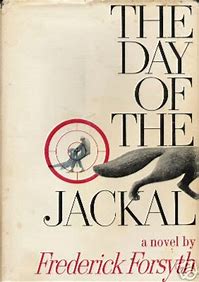
2. The Day of the Jackal, by Frederick Forsyth. French intelligence must stop an assassination plot directed at Charles de Gaulle. Problem is, no one has any idea who the assassin, nicknamed the Jackal, is. This was turned into a very decent movie starring Edward Fox in 1973. Please don’t confuse it with that awful Bruce Willis movie called The Jackal.
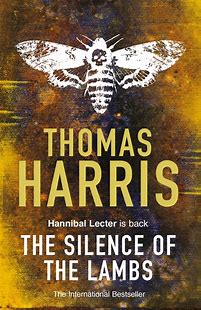
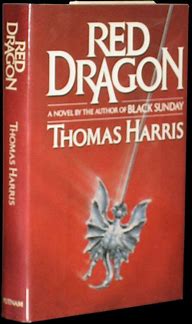
1. The Silence of the Lambs, by Thomas Harris. The grand poobah of the serial killer novel, this is probably the best book of the type, although Red Dragon, the forerunner to this novel, gives it quite the run for its money. FBI Agent Clarissa Starling seeks the assistance of convicted serial killer Hannibal Lector to identify another serial killer called Buffalo Bill, because he skins his humps.